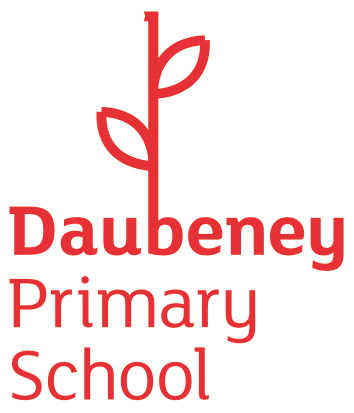 The Early Years (Nursery and Reception classes) will provide an environment that is happy, warm, secure and stimulating. We aim to ensure that all children become confident and independent, and enjoy exploring and learning. We aim to enable children to develop a strong sense of self, while also learning to play, negotiate and cooperate with others.
The Early Years (Nursery and Reception classes) will provide an environment that is happy, warm, secure and stimulating. We aim to ensure that all children become confident and independent, and enjoy exploring and learning. We aim to enable children to develop a strong sense of self, while also learning to play, negotiate and cooperate with others.
- We have a large two-form entry nursery with fifty part time places. Our morning Nursery begins at 9am and ends at 12pm; the afternoon Nursery starts at 12.30pm and ends at 3.30pm. We have fifty full time spaces, nursery begins at 9am and end at 3.30pm.
- We have the capacity for three Reception classes, each with thirty places.
Please see each individual subject area to see how the EYFS Curriculum links to the National Curriculum.
 EYFS federation policy April 2024
EYFS federation policy April 2024
We believe…
- Parents/carers are children’s first and most important educators. Practitioners will aim to develop a partnership with all parents/carers that is based on mutual respect and shared responsibility.
- Every child is included regardless of their ethnicity, culture, or religion, home language, family background, special educational need, disability gender or ability. Practitioners will ensure that all children feel included secure and valued.
- Children are active learners who are physically, emotionally and mentally involved in learning; for young children play is the natural and most important vehicle for active learning.
- The curriculum has to be accessible for every child – in planning opportunities for children’s learning and experience practitioners should ensure that the different areas of learning are interlinked and that each area is given equal importance (broad and balanced curriculum).
 There are four essential aspects for the provision of an effective early years curriculum that provides for quality learning:
There are four essential aspects for the provision of an effective early years curriculum that provides for quality learning:
- Observation
- Record keeping
- Evaluation
- Planning
- Planning starts with observation – this is a key tool that enables appropriate and suitable planning that is challenging and supports all children’s needs.
- The planning process starts with the child – this makes the process of observation, assessment and planning meaningful.
- Practitioners have a sound knowledge of child development and the EYFS framework. All practitioners have ongoing access to relevant CPD to enhance and update their knowledge and skills.
- Play is the way in which young children learn best. Through play in a secure environment with effective adult support, children can:
- Explore, develop and represent learning experiences that help them make sense of the world
- Enjoy learning
- Practice and build up ideas, concepts and skills
- Learn how to control impulses and understand the need for rules
- Be alone, be alongside others or cooperate as they talk or rehearse their feelings
- Take risks and make mistakes
- Think creatively and imaginatively
- Communicate with others as they investigate or solve problems
- Express fears or relive anxious experiences in controlled and safe situations

If you would like to know more about this area of the curriculum, please talk to Seema Bibi.










